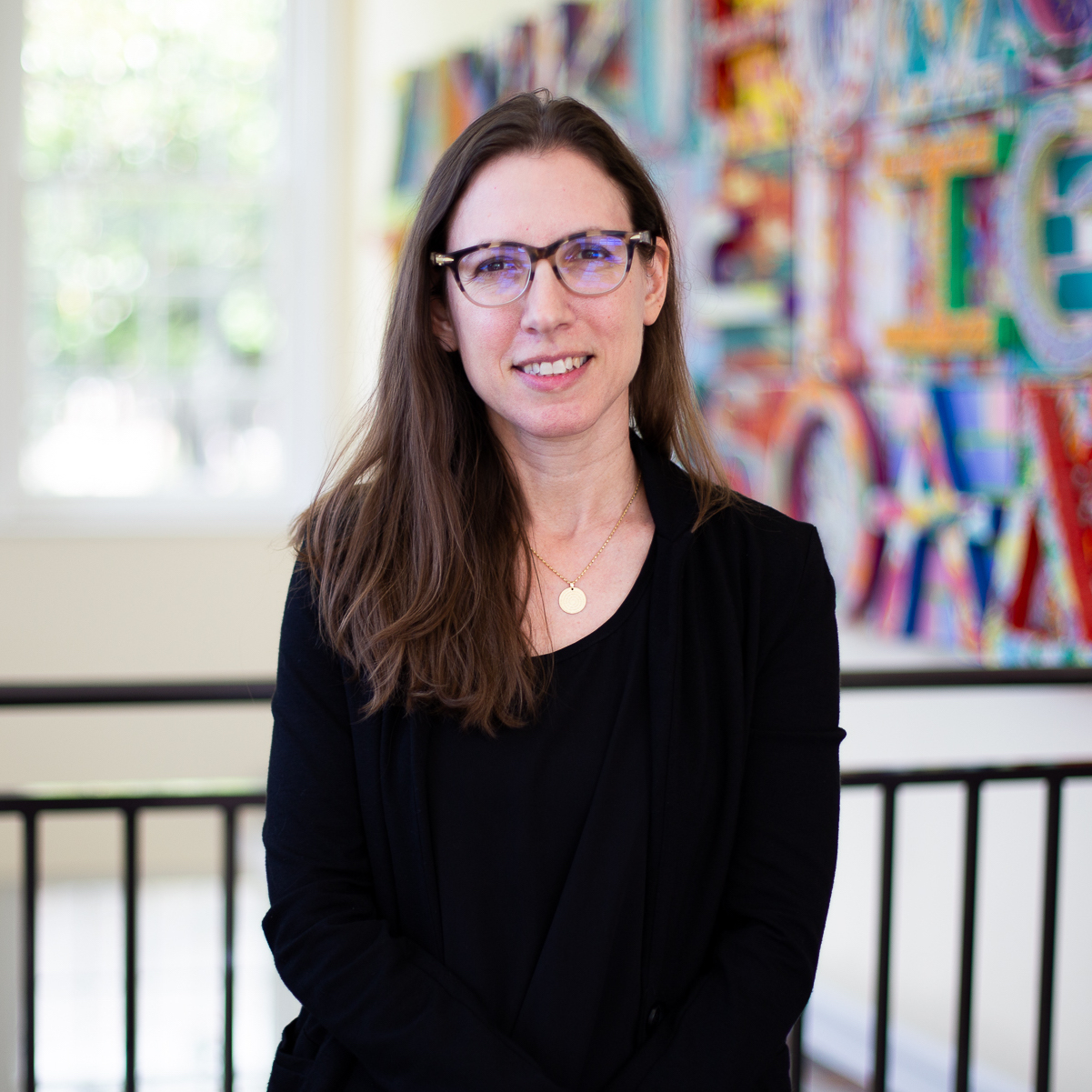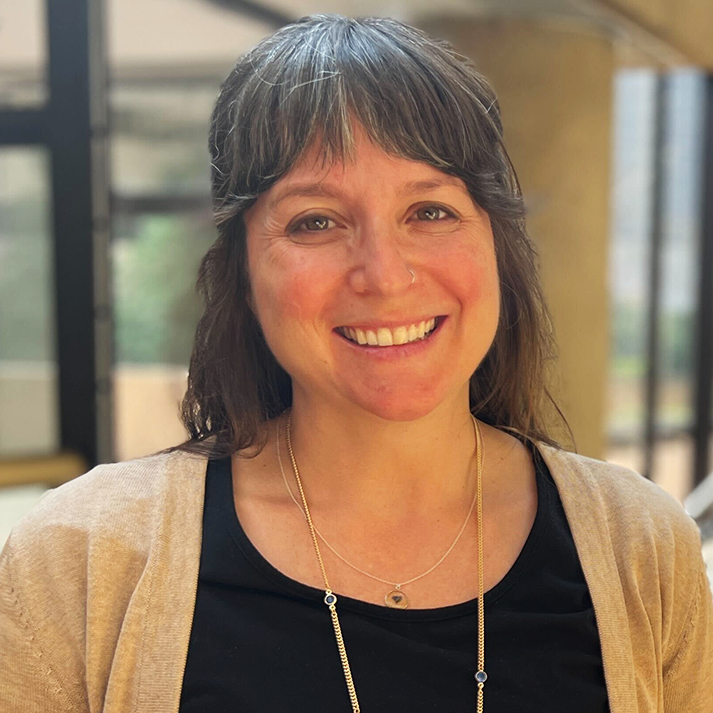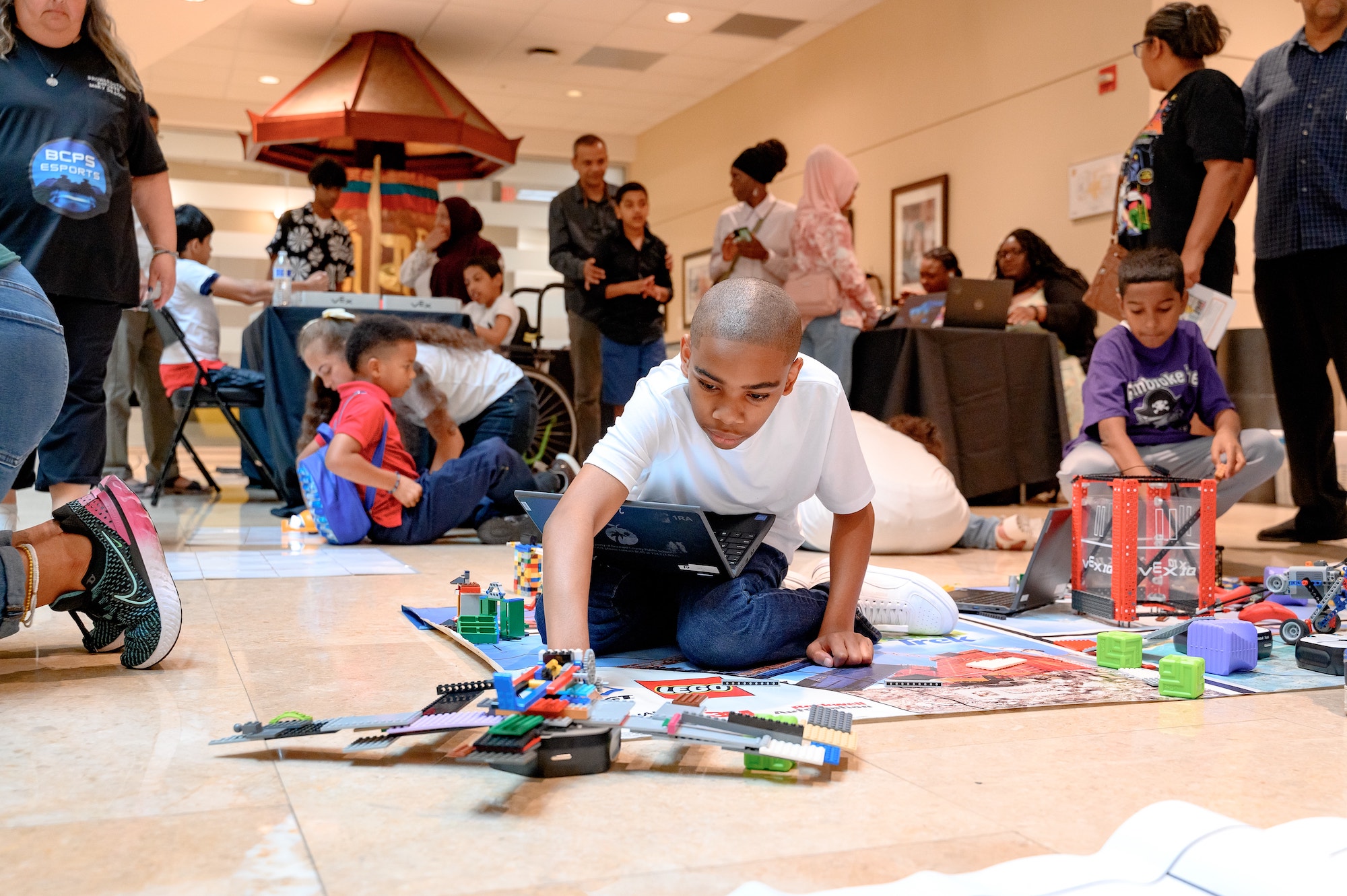Empowering Education
About Tactics
The University of Florida (UF) is partnering with Arizona State University (ASU) and the Center for Applied Special Technology (CAST) to focus on two school districts in Arizona, a state with more than 1 million students, 45% Hispanic, and 11% students receiving special education. The elementary years are a critical time for a child’s formation of positive attitudes toward the science, technology, engineering, and mathematics (STEM) areas. Several studies indicate that high school students interested in STEM careers, as well as graduate students in the sciences, report that their interest in STEM was initiated by experiences prior to or during middle school (Aschbacher et al., 2010; Maltese & Tai, 2010). When interest is not established early, there can be a marked decline in positive attitudes as students move to high school (George, 2000). Hence, we focus on the 4th and 5th grade years as this is the time when students begin to consider whether to opt in or out of future STEM experiences (Penner & Paret, 2008).

Meet Our Team
Our team brings together a diverse group of experts who are driven by a shared passion for expanding opportunities in K-12 Computer Science (CS) education, ensuring that every student has the chance to explore and succeed in this dynamic field.

Maya Israel
Principal Investigator
(PI) is an associate professor of CS education with expertise in CS education research, UDL- and HLP-based CS education, and instructional strategies to support students with disabilities. Previously, she was a special education teacher who worked with students with disabilities in STEM areas. Dr. Israel will manage grant activities at UF, including mentoring the postdoctoral researcher and graduate research assistant.

Janice Mak
Co-Principal Investigator
Dr. Mak is a clinical assistant professor at Mary Lou Fulton College for Teaching & Learning Innovation and Assistant Director of Curriculum and Pedagogy at Arizona State University’s Learning Engineering Institute. She has experience as a postdoctoral researcher on an NSF-funded grant on accessible computational thinking.

Jeremy Babendure
Co-Principal Investigator
jbabendrue@scitechinstitute.org
Dr. Babendure is an Associate Research Professor in the School for the Future of Innovation in Society, College of Global Futures and SciTech Institute Executive Director. He will assist with CoP development, communications, and dissemination. Babendure has experience designing and leading large-scale collaborations including the AZ STEM Ecosystem Chief Science Officers.

Joanne Barrett
Senior Personnel
Dr. Barrett is the Director of Teacher Education for the Kenneth C. Griffin CS for All Education Initiative. Prior to taking this position, she worked as a CS classroom teacher for over 25 years and also served as the Director of Educational Technology, where she was responsible for PD. Dr. Barrett will help develop the PD/CoP.

Jessica Hall
Evaluation Team Lead
Dr. Hall is a Senior Research Scientist at CAST, the organization that pioneered the UDL framework. Dr. Hall is involved in the research and evaluation of CAST projects focused on improving outcomes for all learners, from well-being and cognitive skills to engagement and academic performance, as well as examining and supporting the efficacy of education agencies’ systems of support. She will serve as the lead evaluator for the project.

Jessica Williams
Postdoctoral Research Scholar
Dr. Williams is a postdoctoral research scholar with the CSEveryone Center for Computer Science at the University of Florida. She has over fifteen years of experience as a special education teachers. She currently contributes to the design and implementation of professional development and research activities focused on inclusive CS instruction.

Lauren Weisberg
Postdoctoral Research Scholar
Lauren is a post-doctoral associate and former STEM teacher whose research focuses on preparing and empowering K-12 teachers to design equitable and inclusive digital learning experiences for all students. She is currently leading the development of a series of microcredentials focused on expanding participation in K-12 CS education for all students.

Francheska Figueroa
Assistant Research Professional
Francheska is a postdoctoral research scholar at Mary Lou Fulton College for Teaching and Learning Innovation. She previously worked on a grant making computational thinking accessible to all students. She has a background in second language acquisition with an emphasis on sheltered instruction. The focus of her research is equitable education for all students through teacher preparation and professional development. She currently serves on the board of AZTESOL.

Marissa Castellana
Graduate Research Assistant
Marissa is a graduate research assistant who collaborates on the design and implementation of grant activities including teacher recruitment, development of PD workshops, and ongoing teacher support activities; support grant research initiatives (e.g. develop research instruments, collect and analyze data); and promote excellence, equity, and diversity.

Lindsey McCaleb
Graduate Research Assistant
Lindsey is a PhD student in the Learning, Literacies, & Technologies program in MLFC. She has previously been an early childhood teacher, an educational technology coach, an online principal, and a school board member. She is currently the AzTEA Past President and is ISTE and NVTA certified. Lindsey is passionate about supporting districts with effective professional development in educational technology, enhancing student engagement, and empowering students in their learning.
Methodology

